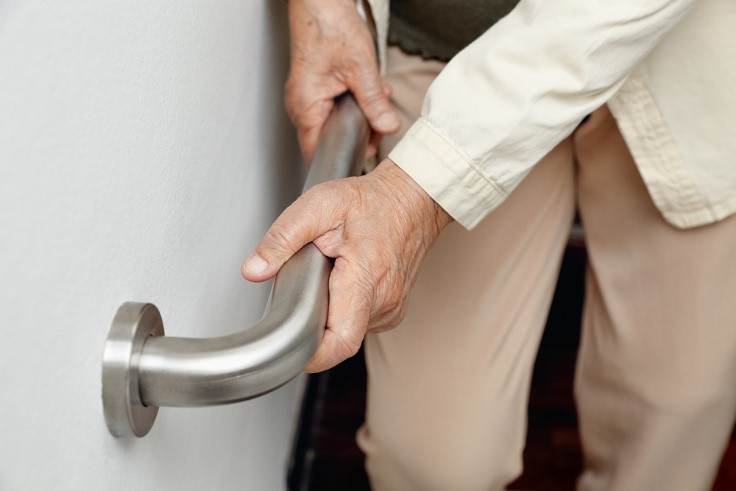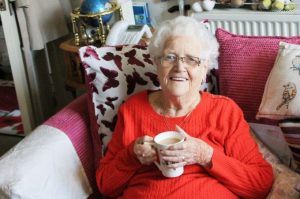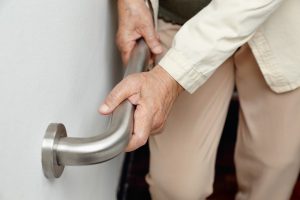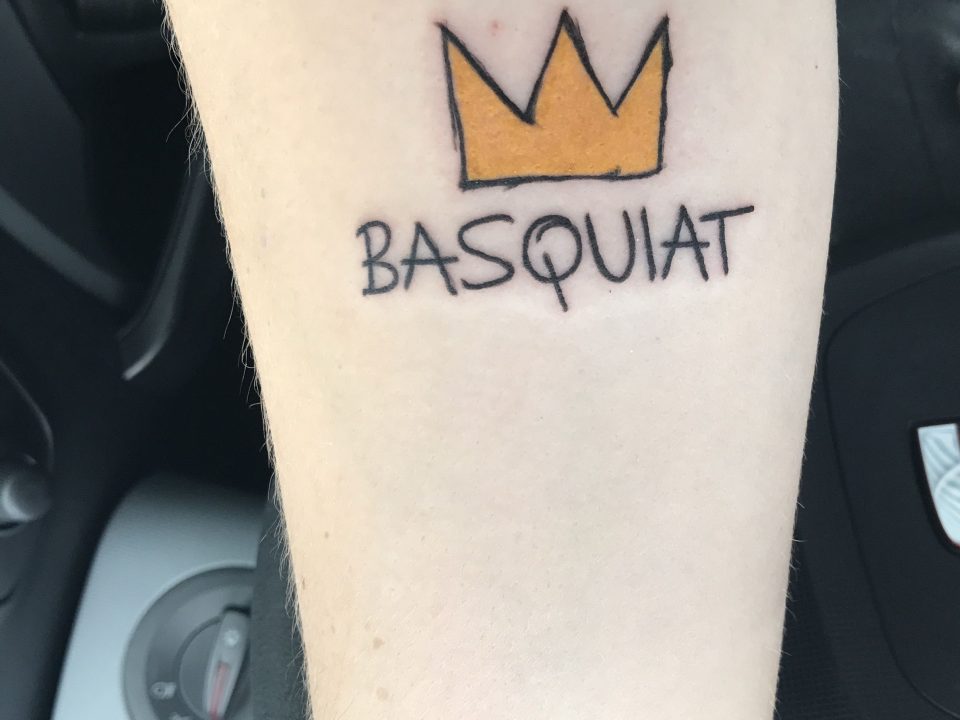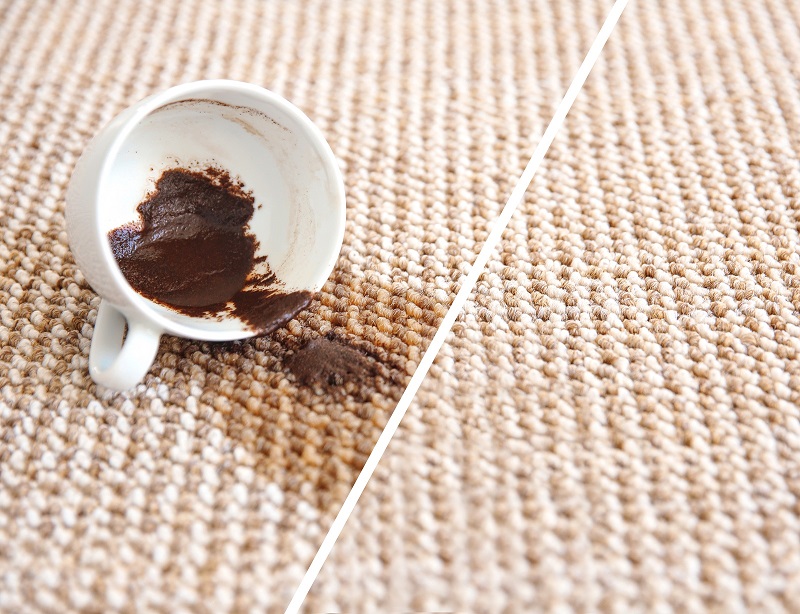
Why Do Carpet Stains Reappear After Cleaning?
September 22, 2019Materials used to build the first tanks.
September 23, 2019There is one place where we should all feel relaxed and comfortable, in our own homes. Sadly, as we get older, exercises, places and activities that we once found totally non- hazardous, can now represent an element of risk. Sometimes, older people begin to feel more anxious about living on our own.
Regardless of this, there are a couple of basic things that older people can do, as well as their family, to guarantee they remain as sheltered, comfortable and happy as they can while they remain independently living.
Preventing falls at home
One of the principle perils that older individuals experience in their own house is the danger of falling. Statistics that, in the UK, falls are the most common reason for injury related deaths in individuals beyond 75 years old.
There are some fundamental things you can do that will help to prevent falls:
Try not to rush anywhere! Falls regularly happen when individuals go to pick up the telephone. Stressed that they may miss the call, they move quicker than is agreeable for them. Get a cordless telephone that you can move with you or get a telephone with voice message, so you needn’t stress over missing a call.
Wear non-slip footwear. This is particularly significant on hard surfaces like linoleum, tiling or hardwood floors.
Ensure your flooring is sufficiently bright (install night lighting if necessary). Regular hazards can include tripping over loose edges left on the floor and mats. You can tape floor coverings down to stop them moving when you walk on them.
If you have stairs, be sure to use the balustrade when climbing or descending. Consider a stairlift on the off chance that you discover you experience difficulty with stairs. Perhaps it’s time to consider moving to a property without stairs, like Residential Park Homes, for example. For more information, visit http://www.parkhomelife.com/
On the off chance that you need a stick or walker, at that point use it consistently. Try not to depend on clutching furniture for stability – it can give way, or you can lose hold which may cause a fall.
Try to remain active. Regular, gentle exercise will assist you with maintaining your wellness, balance and movement. Exercise need not be strenuous; a delicate walk can hugely affect your general wellbeing and health.
If you’re considered about a fall in the home, you might consider carrying a personal alarm.
A Personal Alarm is a gadget that enables an individual to raise a call for assistance when required. The most widely recognized type of the Personal Alarm is a checked pendant alert. These cautions work by using a little device worn around the neck or wrist that can be squeezed if help is required.
An individual emergency framework is useful in a range of circumstances. Some basic reasons individuals choose to have a personal alarm include:
An unexpected medical issue
Worries about a potential interloper or undesirable guest.
Distinguishing a flame or flood.
Experiencing a fall and being not able get up without assistance.
In these circumstances, a Personal Alarm can enable an independent individual to get the assistance they need, when they need it, while staying free and guaranteeing that they are remaining safe at home.

